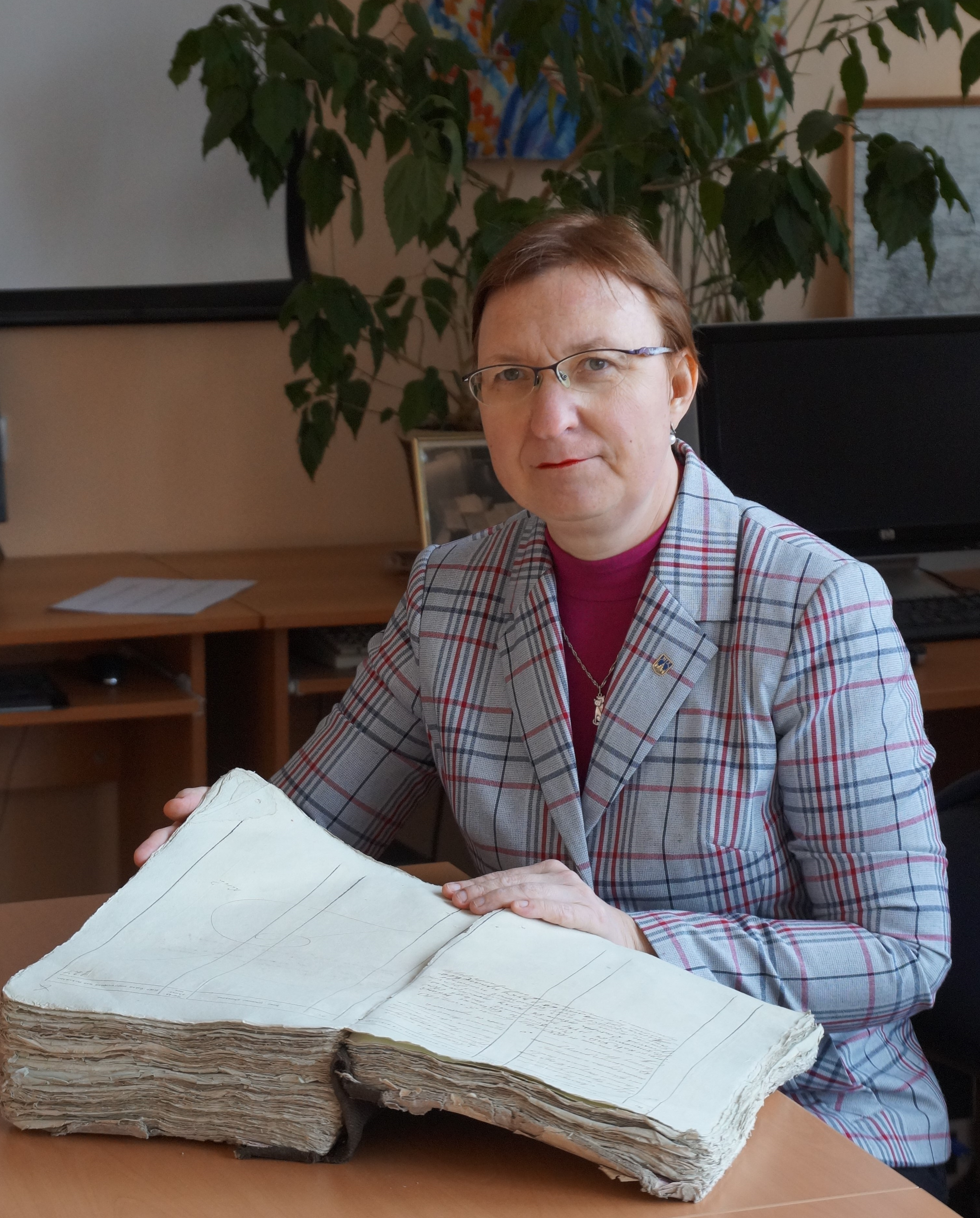The article treats documents related to the teachers of the Perm Theological Seminary. It investigates seminary teachers’ corporations and analyzes the Perm Theological Seminary against the background of other seminaries at the turn of the 19th – 20th centuries. The aim of the research is to highlight the importance of original documents as a rich source of information for researchers engaged in the investigation of the influence seminary teachers had on their students. The relevance of this previously uninvestigated issue consists in the fact that it is essential to recognize factors accounting for seminary students’ rebellious mood at the turn of the 19th – 20th centuries. It is also essential to understand the role teachers played in their students’ lives. The article treats the mechanism of working with documents relating to the history of the teachers’ corporation of the Perm Theological Seminary. It is a complicated task, for in order to investigate teaching methods and teachers’ influence on their students, one should analyze various sources. The article mainly relies on memoirs written by seminarians of the Perm Theological Seminary, proceedings of the Academic Committee, guides. Students’ memoirs contain a lot of bright and vivid descriptions of their teachers’ work. However, the fact that memoirs are often subjective and the information they contain may be misleading makes it really difficult to work with this source of information. The article underlines the specific character of each document as a historical source, it highlights that complex analysis of documentary sources enables a researcher to overcome subjectivity and ambiguity of memoirs. A complex analysis of documents of the Perm Theological Seminary enables the author to conclude that at the turn of the 19th – 20th centuries, when social activity was relatively high, both teachers and students were avidly searching for their place in life. Rigid social stratification enhanced the feeling of social insecurity and stagnation, which resulted in teachers’ social standing and had an impact on their students as well. Members of the teachers’ corporation had different views on the government, some joined the opposition destroying the system from within.
Key words: theological seminaries, protest movement, teachers’ corporation, memoirs, historical source
DOI: 10.22250/20728662_2023_2_27
About the author
 |
Olga D. Popova – Doctor of Historical Sciences, Professor, Head of the Department of History, Historiography and Source Studies, Professor of the Department of Sociology; Ryazan State University n.a. S.А. Yesenin; 46 Svobody str., Ryazan, 390000, Russia; This email address is being protected from spambots. You need JavaScript enabled to view it. |






